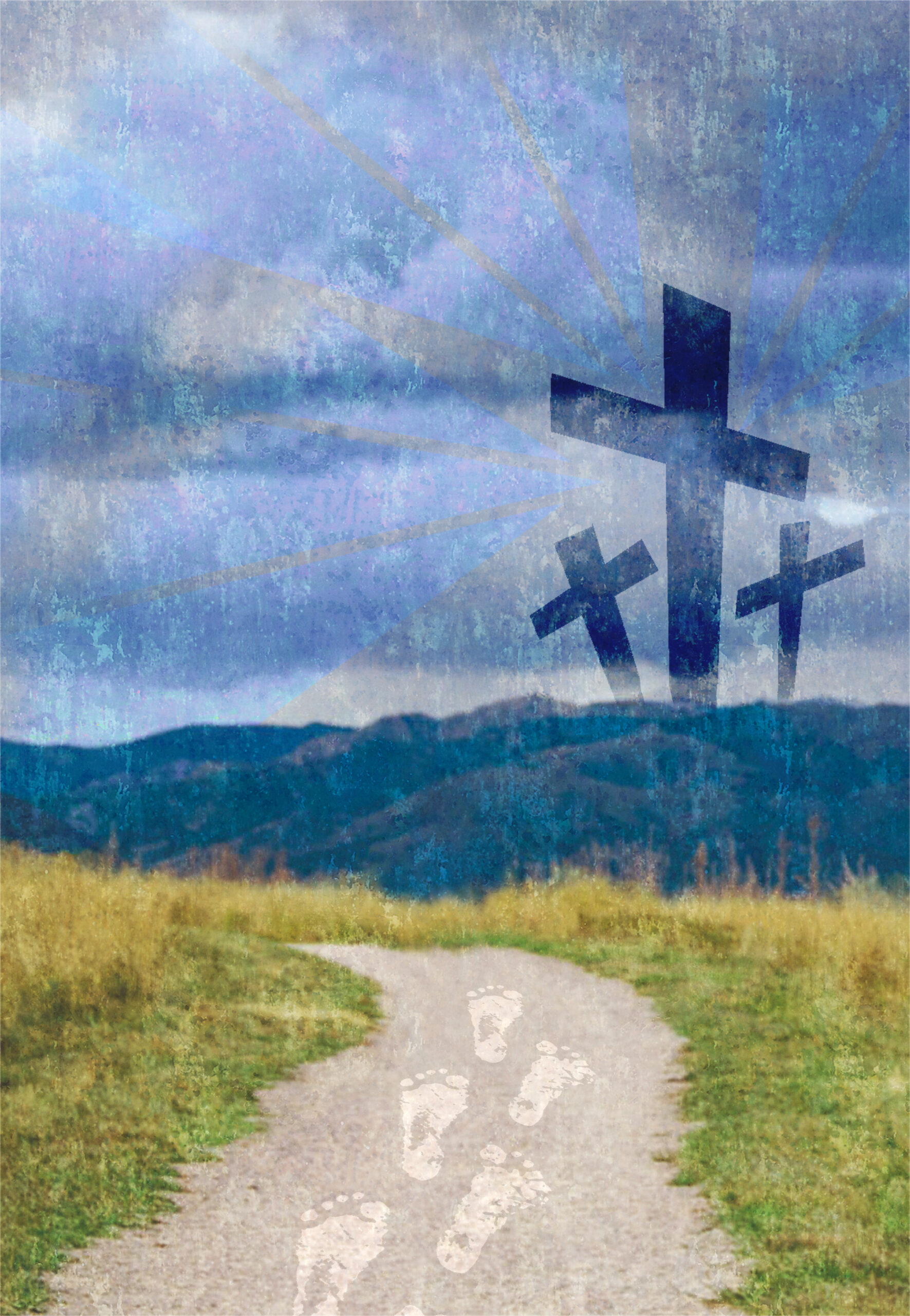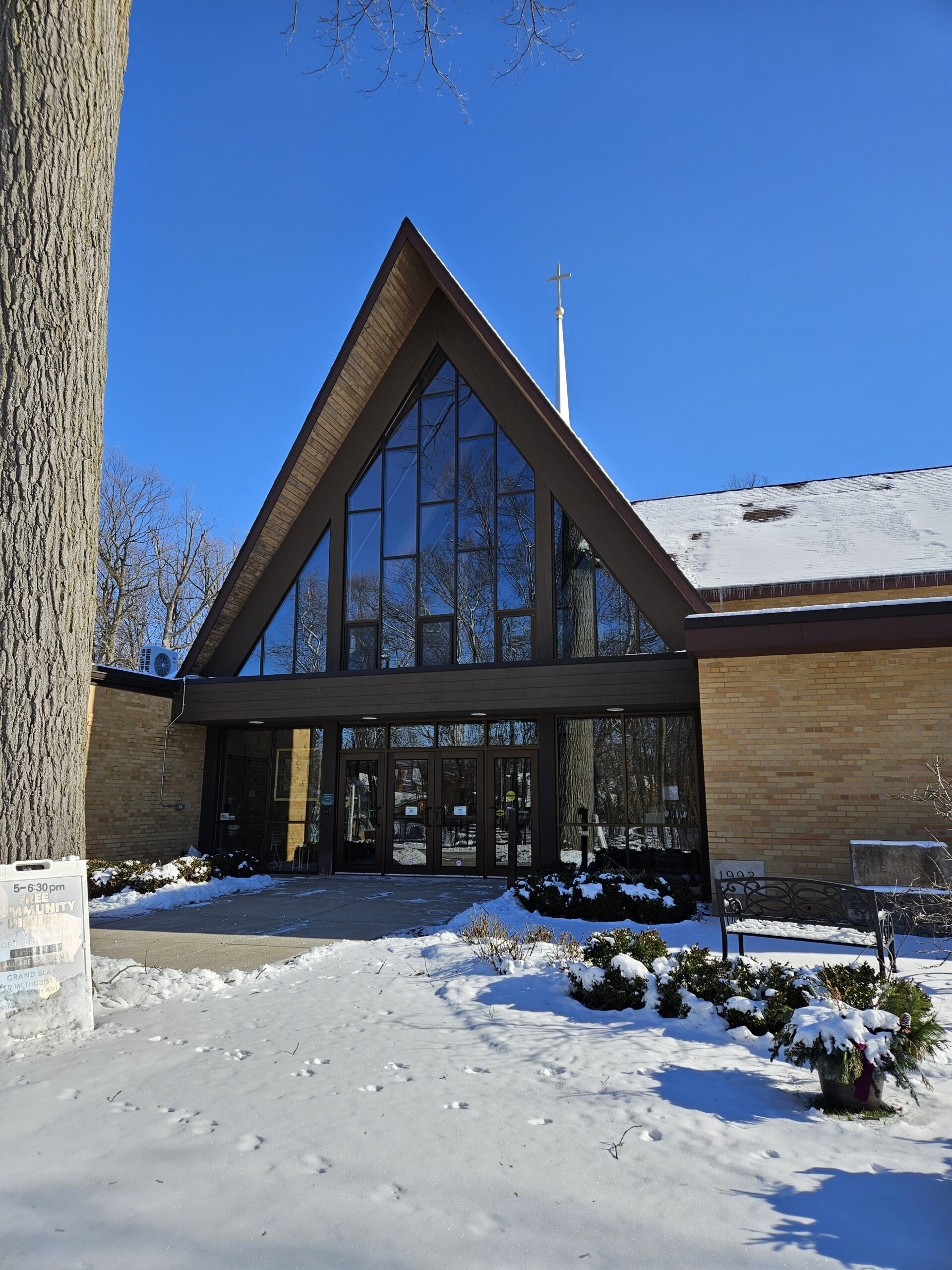THE CONNECTION

June 2024 Connection
Posted on Jun 1, 2024 in BLOG, Newsletter |

“AUDACITY TO LOVE”
Read more...

May 2024
Posted on Apr 30, 2024 in BLOG, Newsletter |

“Confessions of A Bad Gardener”
“Then he called a little child over to sit among the disciples, and said, “I assure you that if you don’t turn your lives around and become like this little child, you will definitely not enter the kingdom of heaven. Those who humble themselves like this little child will be the greatest in the kingdom of heaven.” –Matthew 18:2-4 (CEB)
Peace,
Read more...

April 2024 Connection
Posted on Apr 1, 2024 in BLOG |

Remembered His Words
Pastor Brian
Read more...

March 2024 Connection
Posted on Mar 1, 2024 in BLOG, Newsletter, Uncategorized |

“Condition and Desire”
Pastor Brian
Read more...

February 2024 Connection
Posted on Feb 1, 2024 in BLOG, Newsletter |

“Stable Churches”
That particular congregation lost its missional identity. It traded growth and the possibility for the certainty of what seemed like stability. Ultimately, the excitement to be generous dwindled to next to nothing for a church that was no longer thriving.
In my time at GBUMC, I have seen the opposite happening. I have seen ministry that is resilient and exciting. I have seen generosity that defies the challenges many churches have faced. I have witnessed dreaming that is daring, bold, and full of vitality! In 2023, we closed the year with giving that surpassed our expected income, more than met our budget, and sets us up for a wonderful start of 2024. By all accounts (pun intended), Grand Blanc UMC is thriving, and your generosity is just one sign of that.
- Grand Blanc UMC has, as part of its DNA, a welcoming and hospitable spirit. I will share with you, and probably not for the first time, that I am regularly told by guests, especially on Sunday mornings, how much they appreciate the warm and authentic welcome they feel while here at church. Hospitality is, believe it or not (though, I hope you will) a very big part of the Gospel message. Making space for others in our lives is central to what it means to be a Christian. And this responsibility belongs not just to the ushers, the greeters, the Coffee Hour volunteers, the staff, or me, the pastor. Rather, it belongs to each us! Growing, thriving, missional, Gospel-centered churches, make space for others and demonstrate an authentic welcoming spirit!
Grand Blanc UMC is not a stable church. We are growing. We are thriving. We are living out what it means to be the church! It is my privilege to be a part of it alongside each of you, and I truly look forward to all this year will bring!
Peace,
Read more...

January 2024 Connection
Posted on Jan 1, 2024 in BLOG, Newsletter, Uncategorized |

Muddy Footprints in Jesus’ Church
And Other Reasons It’s Not Really About Us
and in need of cleaning. The next day, as I listened to a church member complain about the community’s disrespect of her church, I offered a not-so-subtle reminder of an important truth: “This church is not yours or mine. This church belongs to those who don’t yet have a church family.” The conversation ended, but I do hope that my point was taken. Sometimes, in the busyness of being the church, it’s easy to forget
what our purpose is.
carpet as evidence of grace, goodness, and good news. It’s not my Church and it’s not your Church. We
exist as a church for those who have yet to discover the real gospel!
world?
Pastor Brian
Read more...